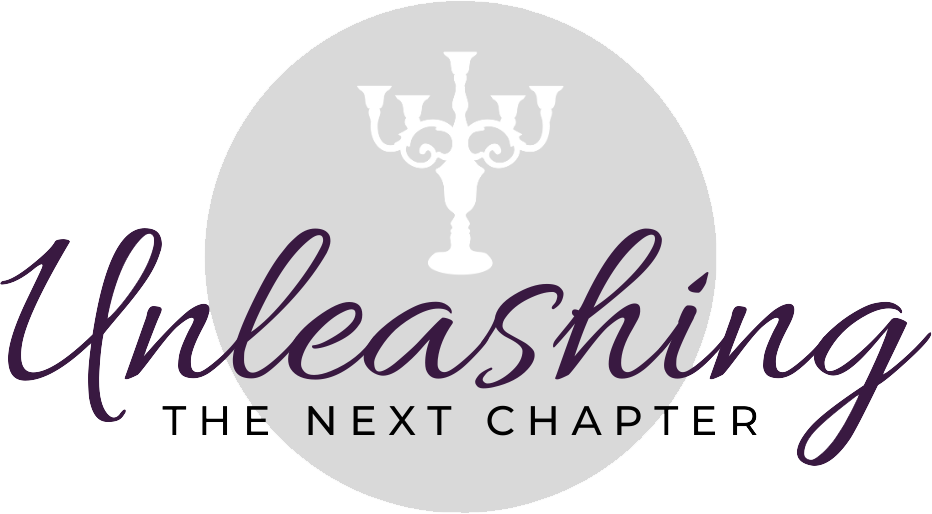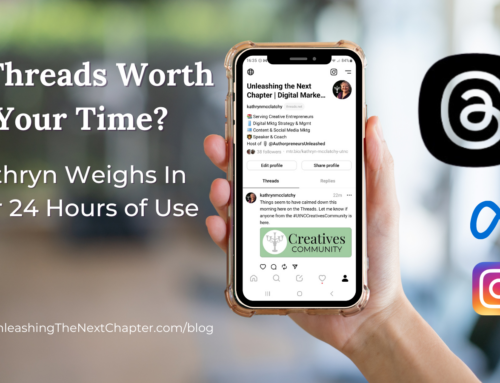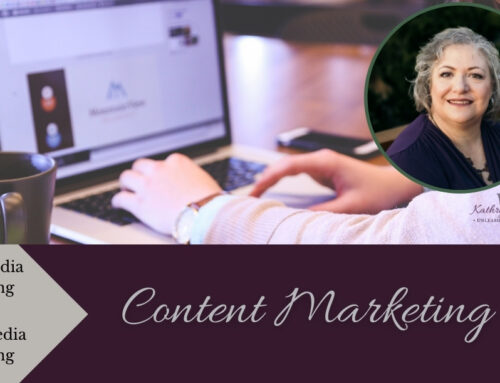What’s the difference between Social Media Marketing and Digital Media Marketing?
Glad you asked! Social media marketing (SMM) is a part of digital media marketing (DMM), just like drafting and editing are parts of the writing process. SMM is confined to online SM platforms whereas DMM incorporates both online and offline digital tactics and technologies.
A useful marketing strategy includes, but is not limited to, eight subcategories of digital media marketing.
- Affiliate Marketing
- Content Marketing
- Email Marketing
- Marketing Analytics
- Mobile Marketing
- Pay-Per-Click (PPC)
- Search Engine Optimization (SEO)
- Social Media Marketing
As a Digital Media Marketing Strategist, I look at the big picture of my clients goals, genre, budget, where they are in their author journey, and create a customized strategy that includes various marketing channels.
Just like everything else, one-size-fits-all ends up fitting no one well. The goals and practices for an influencer are not the same as a content marketer, or for that matter an authorpreneur.
Let’s start with Affiliate Marketing.
What is it, and how does it apply to building your author platform and book sales?
Affiliate marketing is basically paying someone, usually an influencer or expert, to promote and sell your product or service for you. For this reason it is important for influencers to have huge followings and platforms. Depending on the industry, product, or service, an affiliate might be paid a percentage of all sales originating from his or her link or promo code, or be paid a one time rate for reviewing and promoting a product.
Affiliate marketing is now a billion-dollar industry, thanks in great part to digital marketing, analytics, and cookies. Marketing investment for affiliates has increased about 34% in the last five years alone, from $5.4 billion in 2017 to $8.2 billion in 2022, and shows no signs of slowing down. According to Business Insider, 15% of e-commerce revenue can be attributed to affiliate marketing.
So how does this affect you, the author? Let’s look at it from three angles…
- You the consumer. If you are looking for better software to write with, or a new laptop, or an editor, aren’t you more likely to purchase the item or hire the expert that someone you trust recommends? So if you follow an influencer in the writing community, or if you research laptops on YouTube, and you find someone who can explain what you want to know in a way that you connect with, and you see others trusting that person also, you are more likely to click on the link in the description and possibly buy that item. In many cases, that link is an affiliate link. By purchasing the product or hiring the service through that link, the company (not you) pay that influencer or expert a fee or commission for facilitating that sale.
- You the affiliate or advertiser. Maybe you are an expert, or have a good size following on your blog or social media. Let’s use an easy example for writers who are also readers, and maybe blog their book reviews. You could sign up as an Amazon affiliate, and every book you review or recommend would be linked through your affiliate account. If someone purchases a book using that link, you would earn a little bit from Amazon. Now, keep in mind that there are some requirements regarding how much you have to sell in a given time period. But Amazon is pretty generous in that if someone links through you and puts the book in their Amazon cart, and then remembers they need to get a few other items, since your link got them to the Amazon website you would get a commission on the entirety of the cart. Say you also blog or post on SM about your gardening hobby. Any time you recommend a certain fertilizer, tool, container, or insecticide that Amazon sells, you can earn a commission for that also if your followers use your link to buy those items. If you want to know more about the Amazon Affiliate Program, look here.
- You the seller and product creator. This definitely affects authors who are marketing their books. Keep in mind that it violates both Amazon and Goodreads’ Terms of Service (and probably most other review sites, so check) to pay someone for a review. The reviews must be freely given. However, you can pay book influencers to review your book on their blog, newsletter, podcast, YouTube, or other social media. There are a number of reviewers and influencers who will target you asking for money to review and promote your book. Make sure you do your due diligence. Look at their page, how many followers do they have, and more importantly how engaged are those followers. Remember, anyone can buy followers, but it’s harder to fake engagement. And those reviewers are also probably using an Amazon affiliate link, too. Do your research months before launch, and ask for referrals. Really good influencers often have a waiting list and a set price list for various levels of promotion, so if you want that person to promote your book, get on their list a few months prior to your book launch, and be prepared to pay.
Want to learn more?
Here are two articles and an eBook to help you dive deeper if you are interested in becoming an affiliate marketer to augment your writing income.
- “How Do Affiliate Marketers Get Paid?“
- “Affiliate Marketing“
- “Pat Flynn’s Epic Guide to Affiliate Marketing“
What other questions do you have? Or perhaps you have experience with or as an affiliate marketer? Please share in the comments below.
Full disclosure: I am not currently an affiliate marketer for any product or service (other than my own 😉), but I am strongly considering a few options for the near future. Let me know if you are interested in following that journey.
That’s it for the first installment in this eight-part series over digital marketing. Like or follow to be notified next week when we discuss Content Marketing.
P.S. If you are interested in learning more about the business of being a writer, I have a couple more resources for you. My weekly newsletter goes out every Tuesday, and as a welcome gift when you subscribe you can download a free Book Marketing checklist. There are five priority tasks you will want to consider at each of the five stages of your author journey. Subscribe here.








[…] This is Part Two of the eight-part series over the basic tools of digital media marketing for writers. Part One covered Affiliate Marketing, and can be read HERE. […]